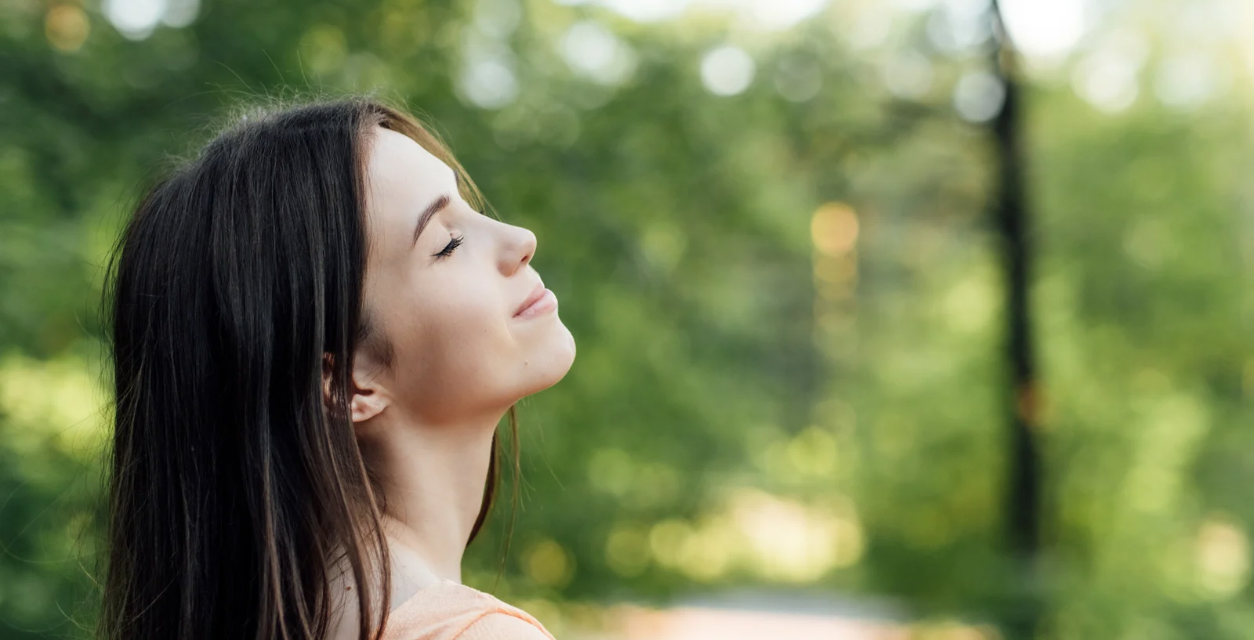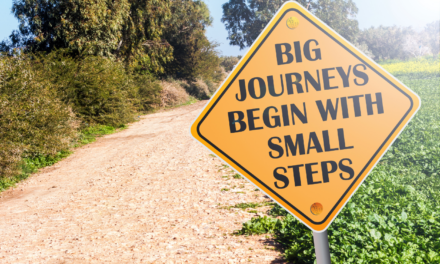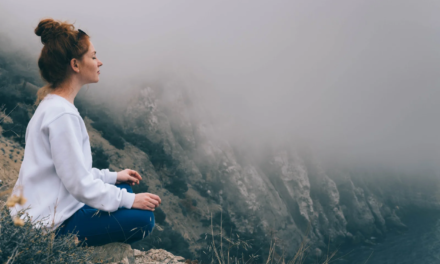I’ll be honest: staying present does not come naturally to me. I am usually pulled forward into what’s next, or back into what just happened. The idea of slowing down and staying here, now, has always felt slippery. But sometimes, presence finds me.
In therapy sessions, when a client shares something raw, the air shifts. The room seems to grow quieter, my attention sharpens, and there’s nothing but the person in front of me and the story unfolding. I don’t have to remind myself to be present — it simply happens. The same is true in my teaching. When a student asks a vulnerable question, or when discussion sparks into something real, I suddenly feel anchored in the moment. The emails, the grading pile, the long to-do list all fade. What matters most is happening right there.
Now, I don’t expect you to be a therapist or a professor. But I wonder if you have your own version of this. Maybe you’ve felt it when a child curled up in your lap and insisted you read “just one more story”, their small body pressed into yours, their voice pulling you into their world. Or maybe it happens when your hands are deep in garden soil, and for a moment all that matters is the cool texture, the smell of earth, the miracle of growth unfolding at your fingertips.
Maybe presence comes when you’re walking through your neighborhood and suddenly notice the sound of your feet crunching leaves. Or the way a bird call interrupts your thoughts, bringing you back to right now. Perhaps it’s in the kitchen, when you stir a pot of soup and realize that the simple act of cooking for yourself or someone you love is its own kind of grounding.
Presence can find us in the smallest, most ordinary places. And these moments remind us of something essential: presence doesn’t always require planning, discipline, or perfection. Sometimes it just shows up — in the middle of ordinary life — and all we have to do is notice. That’s one of the strategies I’ve learned: I don’t force presence everywhere. I start by paying attention to where it arrives naturally.
How do we create intentional pauses in our day? Maybe by honoring the pauses that already exist.
How do we manage expectations and reframe stress? Maybe by letting the smallest moments of presence — a laugh, a breath, a glance outside — become anchors that steady us when chaos swirls.
The truth is, presence matters because it changes us. Even in small doses, it softens the edges of stress. It helps us respond rather than react. It reminds us that we are not machines designed only for productivity — we are humans who need rest, joy, connection, and grounding.
Staying present, even for a moment, can make us gentler with ourselves and more compassionate with the people around us. Presence isn’t necessarily something to master like a new skill. It’s something that already finds us — in laughter, in touch, in breath, in sudden stillness. When you notice it, let yourself stay a moment longer. That’s where the practice grows, and where presence begins to follow you into harder places, too.
You don’t have to chase presence. You just have to recognize it, lean into it, and let it remind you: you already carry the capacity to be here, now.
Find more from Jamie here.













